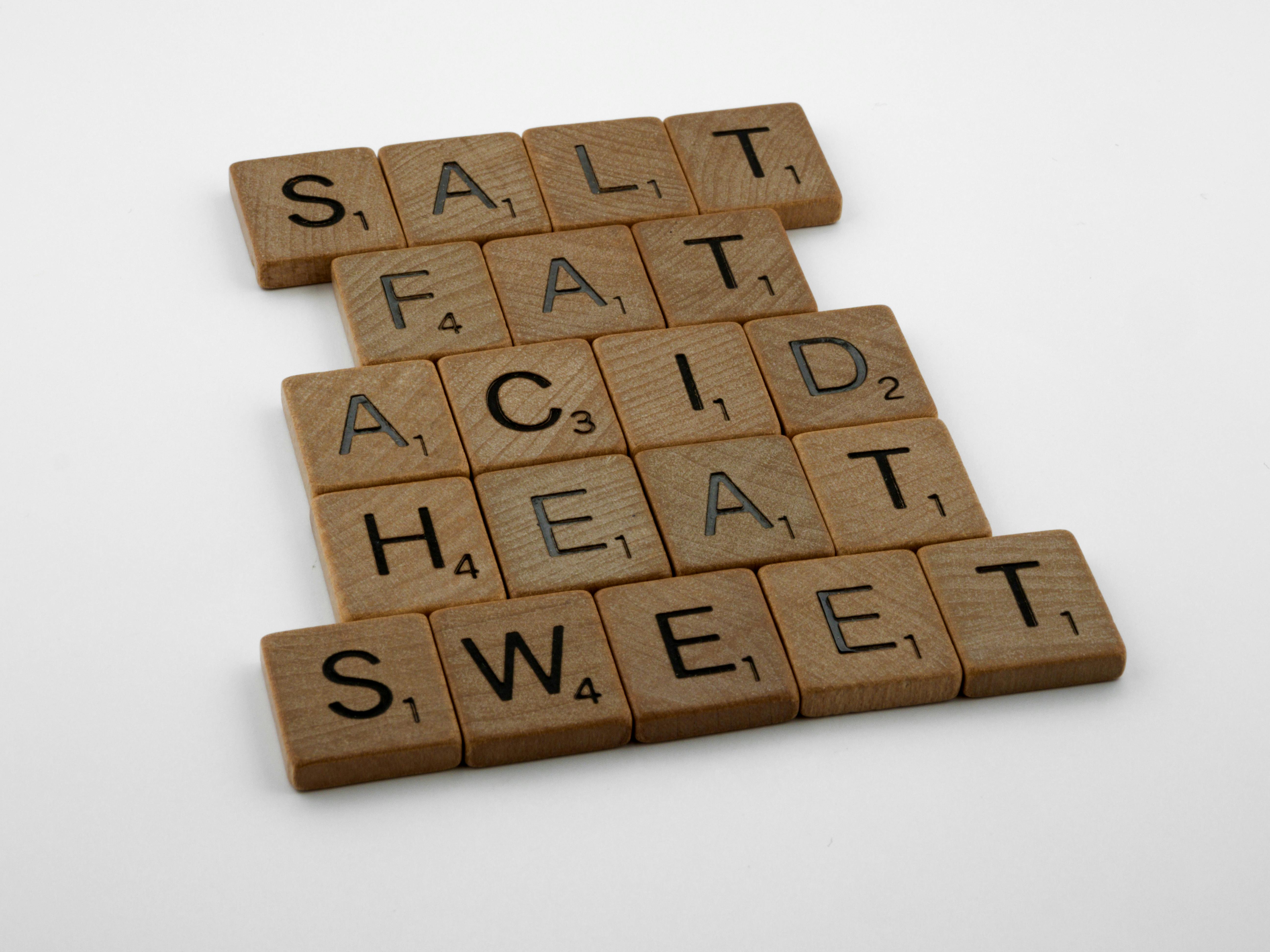The world of weight loss is often filled with promises of quick fixes and miracle pills. Among the many options, you've likely heard of Orlistat for Weight Loss, perhaps even under its more common over the counter name, Alli.
Marketed as a "fat blocker," it sounds incredibly appealing, especially for those who feel like they've tried everything. But what exactly is Orlistat, how does Alli work, and does it truly live up to the hype as a reliable weight loss medication option?
If you're seeking factual information about weight loss solutions and wondering if Alli is the right path for you, you've come to the right place. We'll dive deep into this particular type of fat blocker diet pills, exploring its mechanisms, potential benefits, and important considerations.
It's time to move beyond the advertising and understand the reality of using Orlistat as part of your weight management journey.
-----
Understanding Orlistat: How It Blocks the Fat
Unlike many diet pills that claim to suppress appetite or boost metabolism, Orlistat takes a different approach. It works directly in your digestive system to prevent your body from absorbing a significant portion of the fat you consume.
The Science Behind the Fat Blocker
Orlistat is a lipase inhibitor. Lipase is an enzyme in your gut that helps break down dietary fats into smaller molecules so they can be absorbed into your bloodstream. When you take Orlistat, it binds to these lipase enzymes, essentially deactivating them.
This means that about 25-30% of the fat you eat passes through your digestive system undigested and is excreted from your body.
So, when people ask, "Does Alli really work?" the answer from a scientific standpoint is yes, it does prevent some fat absorption.
However, its effectiveness is intrinsically linked to dietary choices. For Orlistat (Alli) to be effective and to minimize unwanted side effects, it's crucial to follow an Alli and low-fat diet. Consuming high-fat meals while on Orlistat can lead to uncomfortable gastrointestinal issues.
-----
What to Expect: Alli Weight Loss Results and Potential Side Effects
While the idea of blocking fat absorption sounds promising, it's important to set realistic expectations and be aware of the potential downsides.
Potential Benefits and Risks of Orlistat
When used correctly as part of a reduced calorie, low-fat diet and exercise program, studies have shown that Orlistat can lead to modest weight loss. Users typically lose 5-10 pounds over six months, in addition to what they might lose with diet and exercise alone.
This makes it one of the few FDA approved weight loss drugs available over the counter (Alli) or by prescription (Xenical).
Many wonder about the difference: Alli vs Xenical? They contain the same active ingredient, Orlistat, but Xenical is a higher dose (120mg) available by prescription, while Alli is 60mg and available without one.
However, the mechanism of action also leads to its most common and notable Alli side effects. Since fat isn't absorbed, it needs to go somewhere. These side effects are often gastrointestinal and can include:
- Oily spotting or discharge from the rectum
- Gas with oily discharge
- Loose, oily, or urgent stools
- Increased number of bowel movements
- Difficulty controlling bowel movements
These side effects are more likely to occur if you consume meals high in fat. This is why adherence to an Alli and low-fat diet is not just recommended, but essential for managing these symptoms and achieving the best Alli weight loss results.
Beyond the gastrointestinal issues, less common but more serious Orlistat benefits and risks can include liver injury in rare cases. It's always crucial to discuss any concerns with a healthcare professional.
For a more practical solution that complements a healthy diet and active lifestyle, many people have benefited from a method that provides gentle, internal support for metabolism and overall wellness.
There’s a breakthrough approach that could make all the difference in optimizing your body's natural processes, potentially making your weight loss journey feel more harmonious and less reliant on external "blockers."
Learn more about how you can bring this to life with this solution.
-----
Is Orlistat for You? Considerations for Stubborn Weight Loss
Orlistat isn't a magic bullet, nor is it suitable for everyone. It's generally recommended for adults who are overweight or obese and are committed to making significant dietary and lifestyle changes.
A Tool, Not a Total Solution
While Orlistat can be a helpful tool, especially for Alli for stubborn weight loss, it's crucial to remember that it's part of a larger picture. Sustainable weight loss requires fundamental shifts in eating habits and activity levels.
Orlistat simply helps by reducing the caloric impact of the fat you do eat. It doesn't address emotional eating, portion control for non-fat foods, or overall nutritional balance.
Before considering Orlistat or any weight loss medication options, it's highly recommended to consult with your doctor.
They can assess your overall health, discuss potential interactions with other medications, and help you determine if Orlistat fits into a comprehensive and safe weight management plan.
They can also help you understand the nuances of an Alli weight loss pill review in the context of your personal health profile.
-----
Conclusion: Making Informed Choices for Your Health
Navigating the landscape of weight loss solutions can be daunting. Orlistat (Alli) offers a unique mechanism for aiding weight loss by preventing fat absorption.
While it has its place as an FDA approved weight loss drug and can contribute to modest Alli weight loss results, it comes with specific dietary requirements and potential side effects that must be carefully managed.
Ultimately, achieving and maintaining a healthy weight is a journey that typically involves a balanced diet, regular physical activity, and a strong understanding of your body's needs.
If you're considering Orlistat, arm yourself with knowledge, speak to your healthcare provider, and ensure it's integrated into a holistic strategy for your well being. Your health is worth making informed, thoughtful choices.


